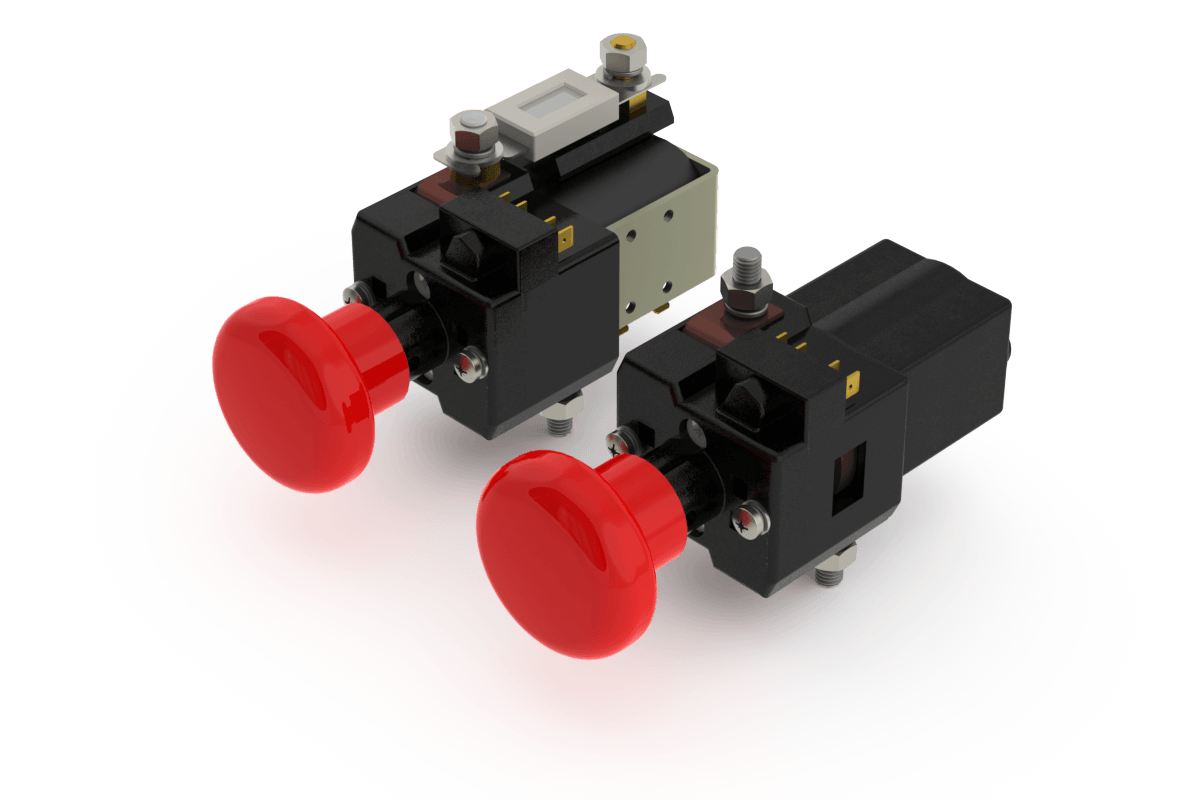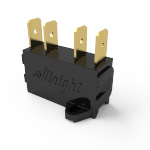 STANDARD
STANDARD You may have searched for a product type instead of a product, as a result you are seeing the parent product of the product type we have found.
SD300
NO - SP - ST
The SD300 has been designed to provide a rapid means of disconnecting batteries or other power supplies in the event of serious electrical faults. The SD300 combines the dual function of a manual disconnect and coil operated line contactor. The benefits of this design include compact size and reduced installation costs combined with an electrical capacity sufficient for most small and medium size electric vehicles.
Whilst the switches are primarily intended for use with battery powered vehicles, they are also suitable for use with static power systems. All types are capable of safely rupturing full load battery currents in the event of an emergency. Optionally, a fuseholder for an inline fuse can be provided pre-fitted. This modification adjusts the positions of the coil terminals and is suitable for ANL or MEGA fuse configurations.
The Use of Battery Disconnecting Switches in Electric Vehicles
Modern battery powered electric vehicles are inherently very reliable and safe. However, even when sophisticated electronic controllers are used it is desirable to have a means of disconnecting the battery in the event of an emergency, such as a vehicle failing to stop or an electrical short circuit. In many countries it is mandatory to fit one or more devices to achieve an emergency disconnection of the battery.
Precautions:
When fitted with magnetic blowouts the polarity marked on the contact housing must be observed when connecting the main terminals. Ensure that the switches are installed in a position where heavy arcs emanating from the switch cannot damage or electrically jump across to adjacent parts. The switch is to be used to rupture current in an emergency or as a no-load isolator.
Do not use as a regular On-Load Switching Device.
SD300 Technical Information
| Application | ||
| Thermal Current Rating | - | 300A |
| Intermittent Current Rating: | ||
| 30% Duty | - | 550A |
| 40% Duty | - | 475A |
| 50% Duty | - | 425A |
| 60% Duty | - | 385A |
| 70% Duty | - | 360A |
| Rated Fault Current Breaking Capacity (Icn) 5ms Time Constant: (In accordance with UL583*) | ||
| Blowouts | 1000A at 80V D.C. | |
| No Blowouts | 1000A at 48V D.C. | |
| Rated Fault Current Breaking Capacity (Icn) Resistive Load: (In accordance with UL508*) | ||
| Blowouts | - | |
| No Blowouts | - | |
| Maximum Recommended Contact Voltages | ||
| Blowouts | 96V | - |
| No Blowouts | 48V | - |
| Typical Voltage Drop per pole across New Contacts at 300A | 30mV | |
| Mechanical Durability | > 3,000,000 Cycles | |
| Coil Voltage Available (Us) (Rectifier board required for A.C.) | 6 - 240V | |
SD300 Features
| Component | Configurations |
|---|---|
| Auxiliary |
 STANDARD STANDARD |
| Coil Suppression |
 DIODE DIODE 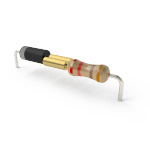 DIODE AND RESISTOR DIODE AND RESISTOR 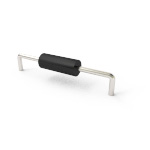 BI-DIRECTIONAL DIODE BI-DIRECTIONAL DIODE |
| Coil Terminations |
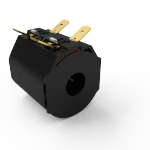 AMP TAGS AMP TAGS 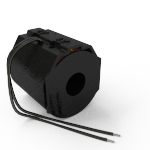 FLYING LEADS FLYING LEADS 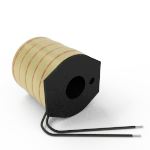 VACCUM IMPREGNATION VACCUM IMPREGNATION |
